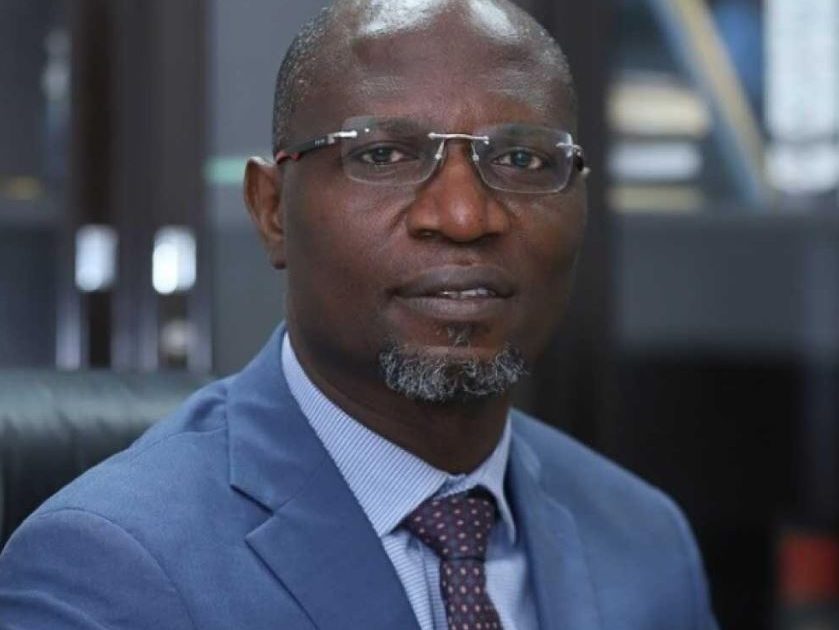The Securities and Exchange Commission (SEC) of Nigeria is embarking on a comprehensive overhaul of its regulatory framework governing borrowing activities by both government and corporate entities. This initiative aims to bolster financial sustainability across key sectors of the Nigerian economy, particularly in light of the recent Supreme Court ruling mandating direct federal subventions to all 774 local government areas. This landmark decision necessitates a robust and transparent borrowing framework to ensure responsible fiscal management at all levels of government.
SEC Director-General, Emomotimi Agama, underscored the critical role borrowing plays in the financial ecosystem and its impact on broader economic development. He emphasized that access to adequate funding is essential for driving economic growth and achieving national development goals. Therefore, the SEC’s focus on strengthening the borrowing framework is not merely a regulatory exercise but a strategic imperative to ensure the efficient allocation of capital and the long-term financial health of the nation. The new framework seeks to balance the need for access to capital with the imperative of fiscal prudence and debt sustainability, particularly for subnational governments now guaranteed direct federal funding.
The Supreme Court’s mandate for direct federal allocations to local governments adds a new dimension to the fiscal landscape. It necessitates a more rigorous and transparent system for managing these funds, ensuring they are utilized effectively for local development. The SEC’s regulatory intervention aims to provide a framework that supports responsible borrowing practices at the local government level, preventing over-indebtedness and promoting fiscal sustainability. This will not only safeguard the financial health of local governments but also ensure that the intended benefits of the Supreme Court ruling, namely improved local development and service delivery, are realized.
For corporate borrowers, the SEC is introducing new regulations focusing on Central Counterparties (CCPs). CCPs play a crucial role in mitigating systemic risk in financial markets by acting as intermediaries in transactions, guaranteeing settlement even if one party defaults. The implementation of these regulations, slated for 2025, will streamline the borrowing process for Nigerian companies, facilitating more efficient access to capital. This move is expected to stimulate economic activity and contribute to the overall growth and development of the Nigerian capital market. By providing a more secure and efficient platform for corporate borrowing, the SEC aims to attract more investment and foster a more dynamic and robust private sector.
Furthermore, the SEC is committed to diversifying the Nigerian capital market through the introduction of derivatives. Derivatives are financial instruments whose value is derived from an underlying asset, such as a commodity, currency, or stock index. They provide investors with sophisticated tools for managing risk and enhancing returns. By expanding the range of available investment instruments, the SEC aims to attract a wider pool of investors and further deepen the capital market. This initiative is expected to boost market liquidity, enhance price discovery, and create new opportunities for both domestic and international investors.
To ensure the success of these initiatives, the SEC is developing a robust legal and regulatory framework that fosters investor confidence and provides a safe and predictable trading environment. This includes providing exemptions for derivatives transactions from general insolvency laws. This measure aims to mitigate the potential systemic risks associated with derivatives trading and encourage greater participation in the market. By creating a clear and predictable regulatory environment, the SEC aims to attract more investors, promote market integrity, and enhance the overall efficiency and resilience of the Nigerian capital market.
In conclusion, the SEC’s comprehensive regulatory reforms aim to enhance financial sustainability across all levels of the Nigerian economy. By strengthening the framework for government borrowing, particularly in light of the Supreme Court ruling on local government funding, the SEC seeks to ensure responsible fiscal management and promote long-term economic stability. The introduction of new regulations for corporate borrowing, focusing on Central Counterparties, will streamline access to capital and stimulate private sector growth. The diversification of the capital market through the introduction of derivatives, supported by a robust legal and regulatory framework, will further deepen the market, attract greater investment, and enhance its overall efficiency and resilience. These initiatives collectively reflect the SEC’s commitment to fostering a dynamic and robust capital market that contributes to sustainable economic development in Nigeria.


